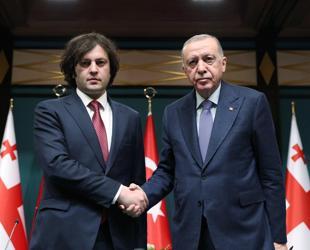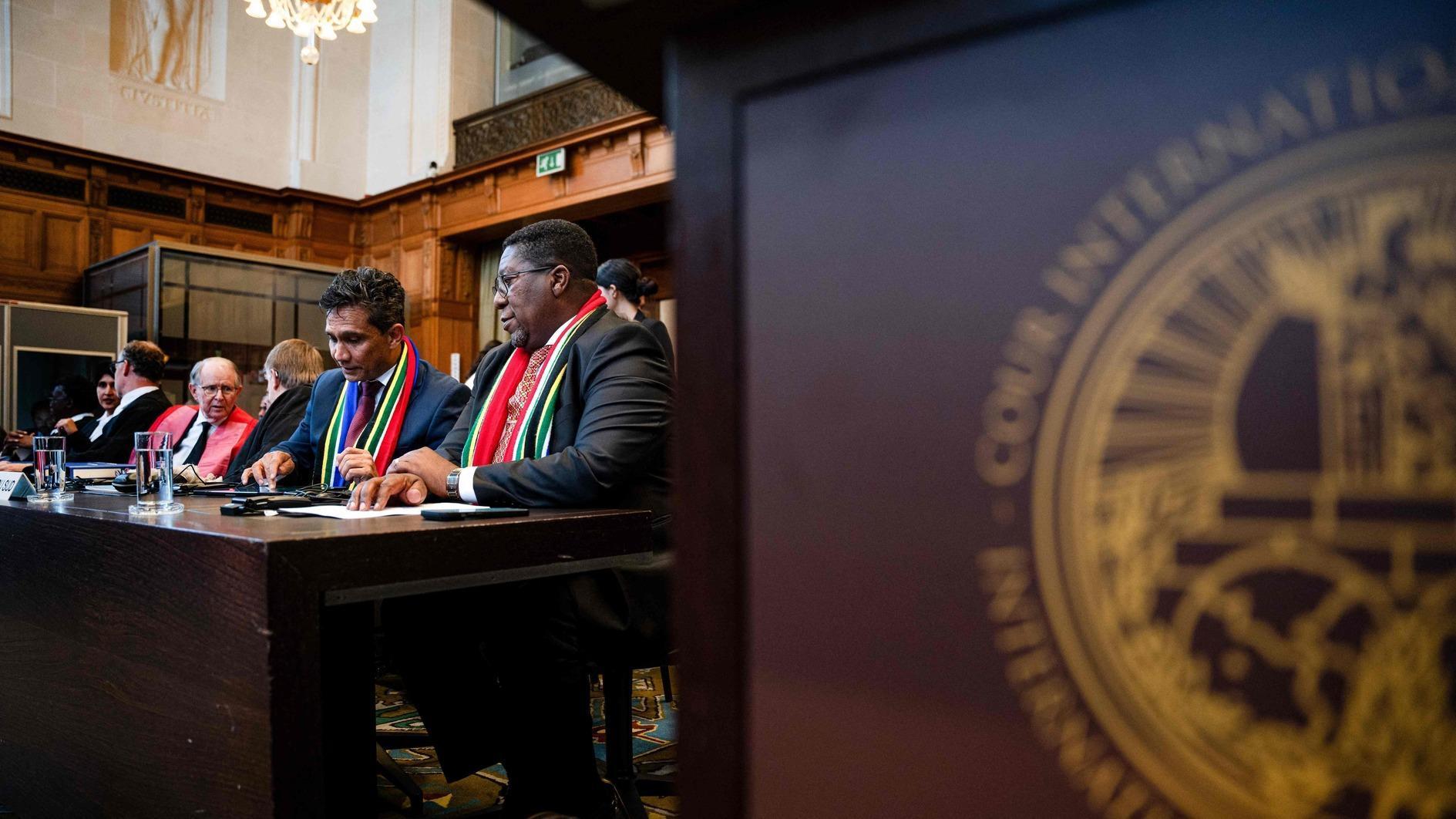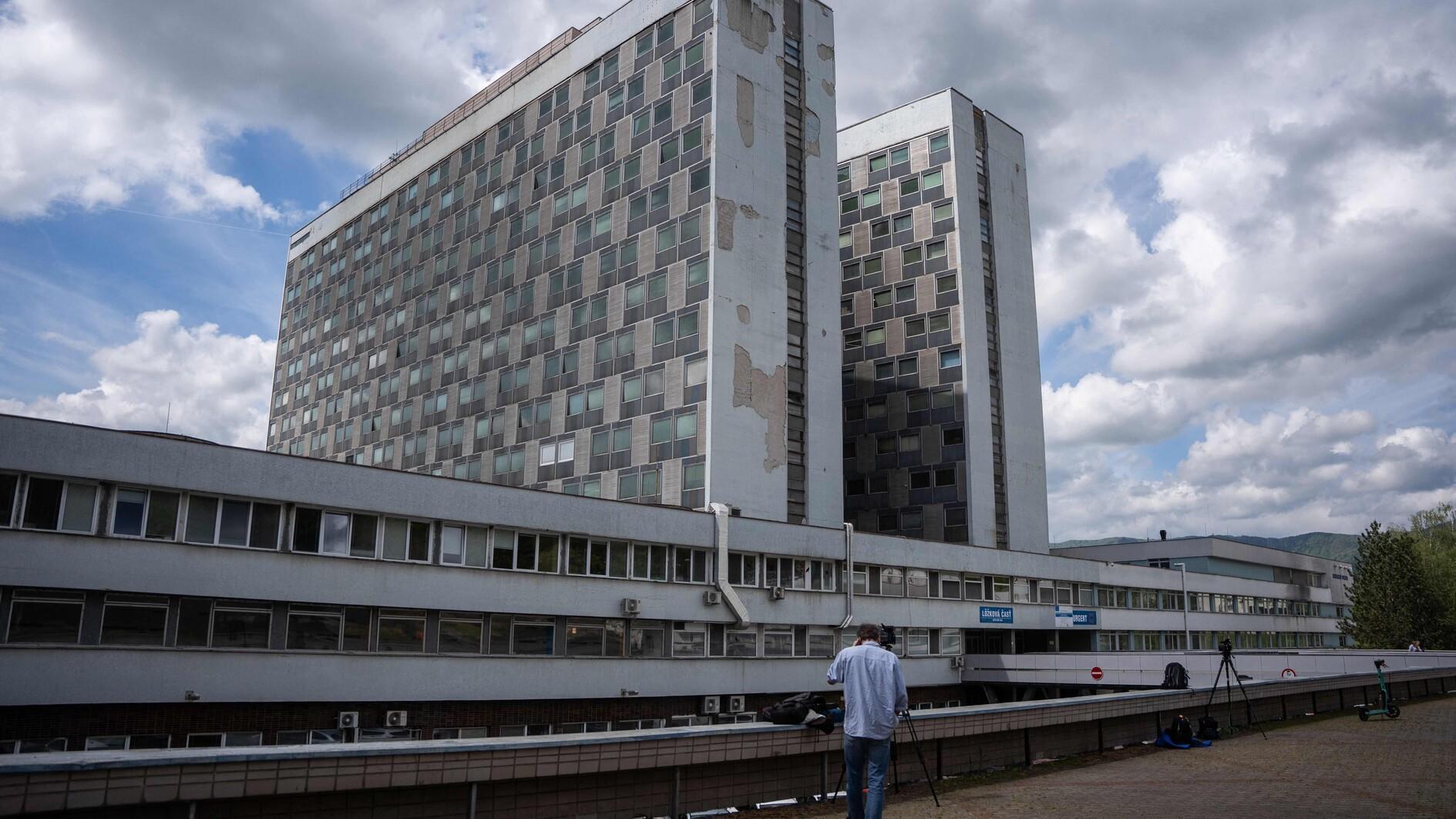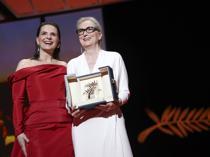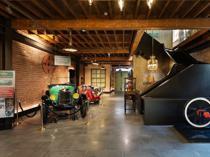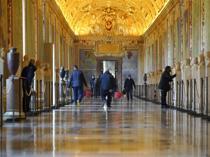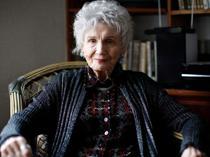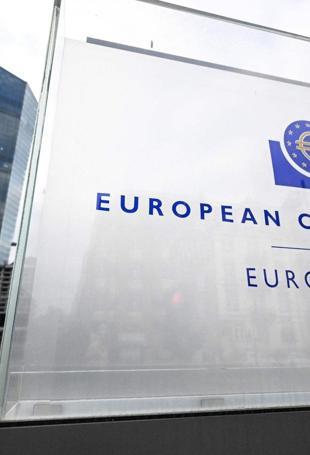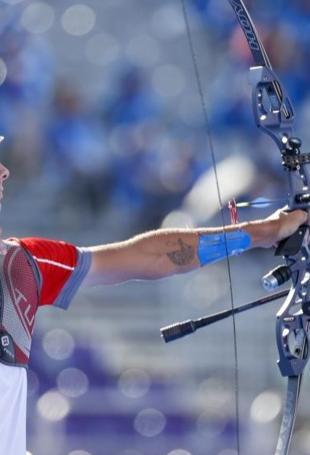Glastonbury Festival welcomes back fans after pandemic
LONDON

Thousands of people are returning to England’s Glastonbury Festival as the five-day music and performing arts event reopened on June 22 for the first time in three years after being disrupted by the COVID-19 pandemic.
Headliners on the main Pyramid Stage include former Beatle Paul McCartney, U.S. singer Eilish and rapper Lamar.
Other big-name performers on the bill are soul legend Diana Ross, Led Zeppelin frontman Robert Plant, New Zealand singer-songwriter Lorde and electro-pop duo Pet Shop Boys.
McCartney, who turned 80 on June 18, will become the oldest headliner to play at the festival when he performs the coveted Saturday night slot.
Other acts include Oasis star Noel Gallagher, U.S. pop-rockers Haim, electro pioneer Herbie Hancock and veteran Australian indie band Crowded House.
Festival-goers started lining up to enter the gates at Worthy Farm in Somerset, southwest England early. Many struggled to get to the site because the festival coincided with the largest rail strike that Britain has seen in decades.
Hundreds of people waited with their bags at London’s Paddington Station to try to get on a train to the festival.
Camilla Seward, 26, described feeling “abject panic” when the rail strikes were announced.
“It is my first-ever actual festival. We bought the ticket nearly three years ago. I’ve been so stressed out about getting there that I haven’t even thought about who I am excited to see,” she said.
Jenna Conway, 30, thought she could beat travel disruption by getting to Paddington eaerly, but she and a friend were left queuing for hours.
“We got here three hours ahead of our train, we were stupid, we just thought we could jump on any train. We thought they would be kind because of the strikes, but they didn’t let us on, so now we wait,” she said.
Some 200,000 people are expected to attend the festival, which runs until Sunday.
“The wait has been so long and it’s just the biggest build up we’ve ever had,” festival organizer Emily Eavis said.
“Getting Paul McCartney for us is just the ultimate, just the person to have this year to actually bring this whole thing back and bring everybody together,” Eavis said. “And what better way to celebrate that than having Paul McCartney himself.”
Ticket holders will also be keeping a close eye on the weather forecast, hoping that current predictions for a largely dry event hold true and that the site does not turn into a mud bath.
First organized in 1970 by a farmer
Dairy farmer Michael Eavis first organized the festival in 1970, the day after Jimi Hendrix died, and fans who came to see acts including Marc Bolan and Al Stewart paid £1 each for entry and received free milk from the farm.
The festival was held intermittently in the 1970s and it wasn’t until the 1990s that it really began to acquire its current status.
Glastonbury was due to celebrate its 50th anniversary in 2020, but those plans were put on hold by the pandemic.
A virtual event was held last year, with Coldplay performing from the site, but it was marred by technical issues.
Despite being firmly in middle age, the festival still has huge cultural power and moments of controversy.
A successful headline spot can catapult bands to superstardom.
Legendary performances from Radiohead in 1997, Coldplay in 2002 and Muse in 2004 helped elevate them to their current heights.
There was controversy in 2008 when rapper Jay-Z was given a headline slot, but the doubts were dispelled after he delivered one of the most memorable sets ever.
The festival has had its darker moments, with 235 people arrested in 1990 after travellers started fighting with police.
Integral to the festival’s development was the late Arabella Churchill, granddaughter of Winston Churchill, who set up and then ran the Theatre and Circus fields.
As a result, the festival developed a diverse reputation and the 900-acre (360-hectare) site now encompasses various thematic areas.

